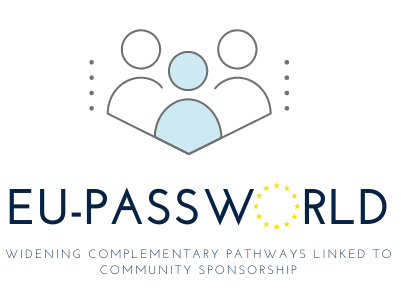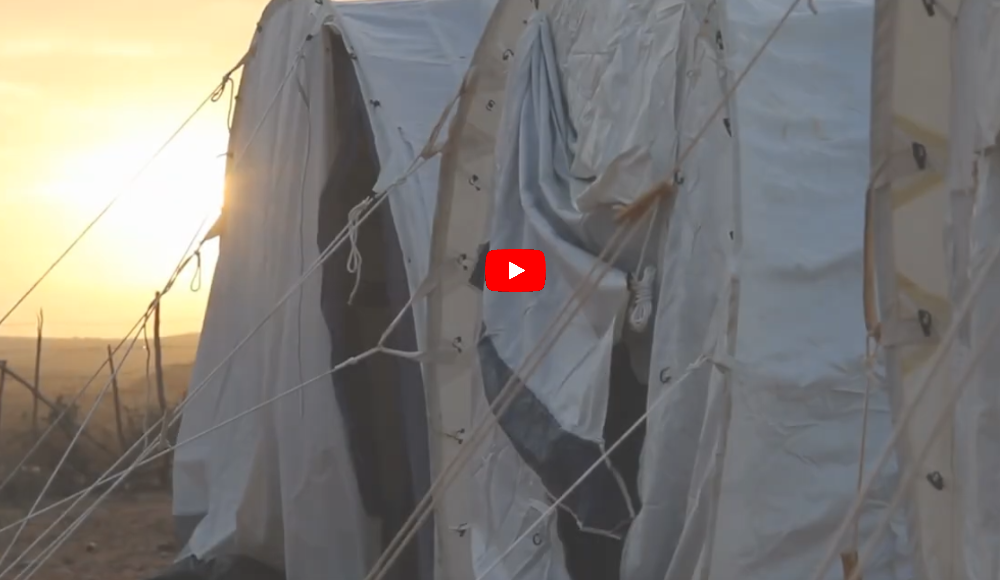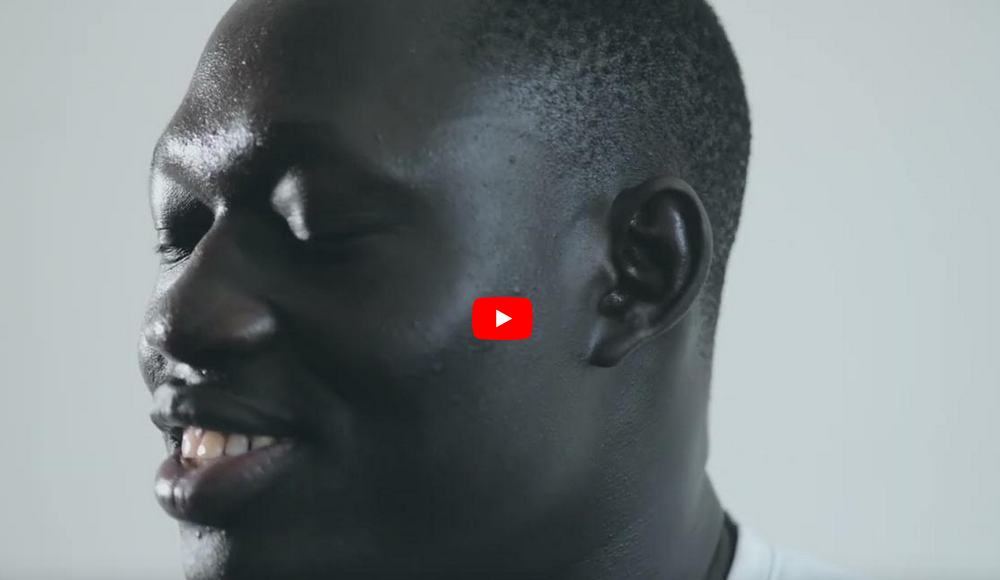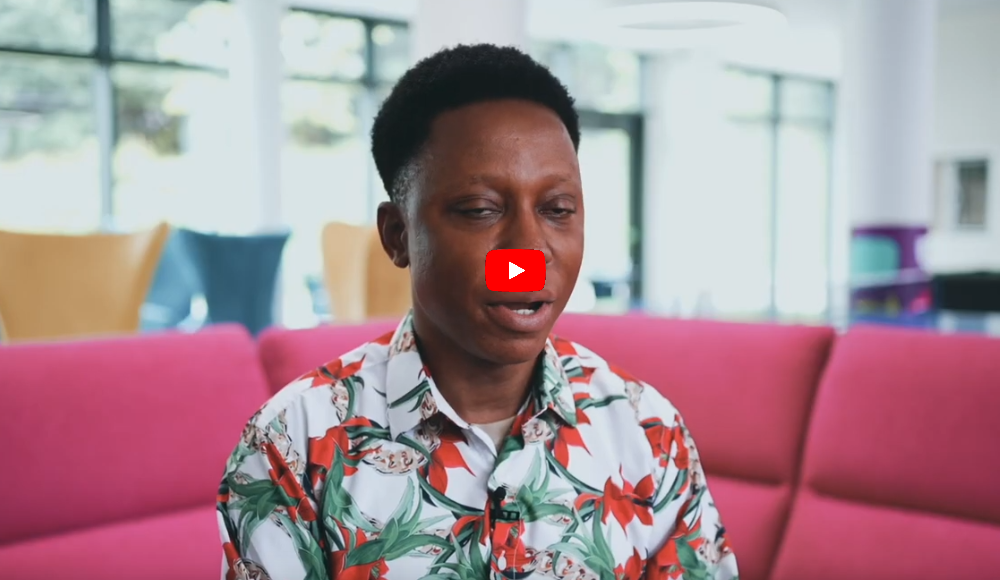The Project

co-funded by the european Union's Asylum, migration and integration Fund
The aim of EU-Passworld is to strengthen the linkage between Community Sponsorship and Complementary Pathways as a crucial nexus to both enhance refugees’ integration, and significantly scale numbers.
Implementing CP for student and labor mobility
The project aims to enhances the work carried out by grassroots civil society organizations and volunteers, in cooperation with Governmental bodies, adopting a citizen and community-centered approach, and relies on two main leverages: a structured engagement method of citizens, local authorities, civil society, churches, universities and private sector;
and the building of an efficient and effective complementary pathways machinery and framework (Policy design)
The proposal will develop activities in Italy, Belgium and Ireland
The project will analyze, exchange and compare national programs with other EU and non-EU countries (Canada and the UK) developing similar pathways. Exchanges will allow to leverage results, and will help foster EU’s role globally as a key source of innovation in the complementary pathways space.
1.
Accompanying national stakeholders in Belgium, Ireland and Italy to design a tailored national framework that allows for further developing community sponsorship programs and for linking them to labour and education pathways, paying particular attention to financial sustainability.
2.
Supporting the front and back end of the pathways to facilitate the transition from design to implementation of national pilots. This will be achieved by facilitating the involvement of local communities, universities and businesses in refugees’ integration through specific tools and trainings, and by involving new stakeholders through sensitization and awareness-raising efforts. A new identification, referral and matching working group will be established with relevant national, European and international actors.
3.
Piloting labour and education pathways in each country according to the national framework designed at the outset of the project, linking these pathways to sponsorship schemes. National working groups with relevant stakeholders, project partners and national authorities will be set up, and partners will support local communities, universities and businesses in welcoming and integrating newly arrived refugees. Further activities under this objective will be detailed in a second phase.
4.
Generating new knowledge and producing tools and resources to share results, lessons learned and good practices among relevant stakeholders in the EU and worldwide.








